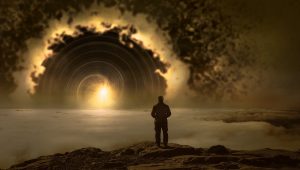
“Then God said, ‘Let there be light’; and there was light” (Genesis 1.3).
“From this verse we can begin to uncover the hidden mysteries: how the world was created in detail from the mystery of Thought… This Light expanded and extended itself, having burst through from the mysterious primal vacuum” (1).
====================================================================================================
In very simple layman’s language, light appears to be something given off by the sun and other sources which enables humans to see things. This is probably how Christians who believe that the Bible should be interpreted literally will understand this verse. That does not seem to be an adequate explanation, however. The author seems to be referring to something different, something very primal. In this article I’m going to suggest that light in this verse from Genesis should be seen as the basic building block of everything in a multilevel universe, that everything in the universe, whether material or otherwise, is light in one form or other.
Such an interpretation would fit with the thinking of some of the earliest Christian writers who, reflecting on this verse, concluded that there were two different types of light: lumen, the ordinary light that comes from the heavenly bodies which enables us to see things, and lux, the primary stuff which God used to make the cosmos, close to a cosmic creative force, almost a manifestation of God himself. Worthy of mention in this context is Robert Grosseteste, a 13th century Bishop and scientific thinker, who described the birth of the cosmos in his treatise On Light and the Beginning of Forms.
This idea is something that modern science seems to be discovering:
- Einstein, in his famous equation E=mc², revealed that matter is a form of energy. Is that another way of understanding light?
- In The Dancing Wu Li Masters (2), Gary Zukav describes a dinner at Esalen attended by some physicists and a T’ai Chi Master Al Chung-liang Huang, who had also studied physics. He said that “we called it Wu Li. It means ‘Patterns of Organic Energy’ ”. Zukav comments: “Everyone at the table was taken at once by this image. Mental lights flashed on, one by one, as the idea penetrated. ‘Wu Li’ was more than poetic. It was the best definition of physics that the conference would produce” (p31). Again what we perceive as matter is in its essence not hard material, merely a manifestation of energy (light/lux?).
- The physicists Fred Alan Wolf and Bob Toben say that “ ‘matter’ may be nothing but gravitationally trapped light (energy)”. (It is them, not me, introducing that parenthesis, suggesting that energy should be equated with light/lux.) “The chair is not ‘solid’. It is a fantastic interplay of vibrating, spinning rings of light in the turbulent sea of space”. They then say that “the incomprehensible unaware oneness beyond space-time becomes aware of itself, creating light”, which sounds more like something from a mystical text than from a scientific book, and more mystical than Genesis itself (3).
- Professor Tom McLeish of Durham University was deeply impressed by Grosseteste’s book, mentioned above, and developed a computer model to show what sort of universe his ideas would produce. He concluded that because there is lots of empty space in matter, and light fills space, that light must be an agency that supports the cosmos as a whole. Without light we don’t have matter. Because it is a property of light to cohere all matter, light must be present at the formation of the world (4).
- The subtitle of Peter Russell’s book From Science to God (5) is The Mystery of Consciousness and the Meaning of Light. Chapter 5 is called The Mystery of Light. In it he explains how, having studied both theoretical physics and experimental psychology, he came to the conclusion that their truths became closer to each other the more deeply they were studied, and “the bridge that linked them was light”. He continues: “Both relativity and quantum physics… started from anomalies in the behavior of light. Both led to radical new understandings of the nature of light. Light, it seemed, occupied a very special place in the cosmos; it was in some ways more fundamental than space, time, or matter” (p57).
It seems that the author of Genesis was on to something, a long time before 20th century scientific thinking! My personal conclusion from all this is that the material world, as we perceive it, is something of a miracle. How can light transform itself into matter unless some creative intelligence is involved? Do materialist atheists really understand the nature of matter? As Peter Russell says: “subatomic particles are far from solid. In fact, they are nothing like matter as we know it. … They are like fuzzy clouds of potential existence, with no definite location. Whatever matter is, it has little, if any substance” (p49). Indeed, it is merely light.

Footnotes:
(1) Zohar, quoted by Howard Smith as an epigram to Let There Be Light: Modern Cosmology and Kabbalah, a New Conversation Between Science and Religion, New World Library, 2006
(2) Paperback edition, Fontana, 1980
(3) Space-Time and Beyond, Bantam, originally 1975, further edition 1983, pp46–47
(4) My source is Science Stories: The Medieval Bishop’s Big Bang Theory, BBC Radio 4, 22/8/2017. This programme is also the source for the earlier paragraph about Grosseteste.
(5) Peter Russell (the book appears to be self-published), 2000
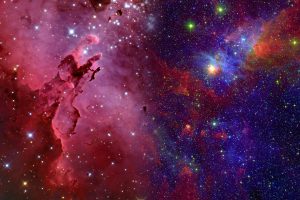
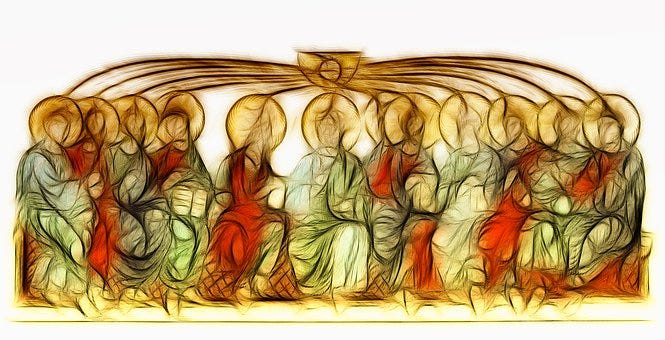
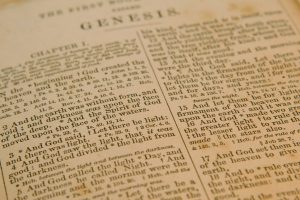
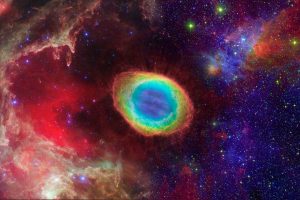
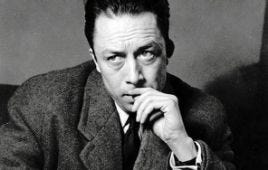
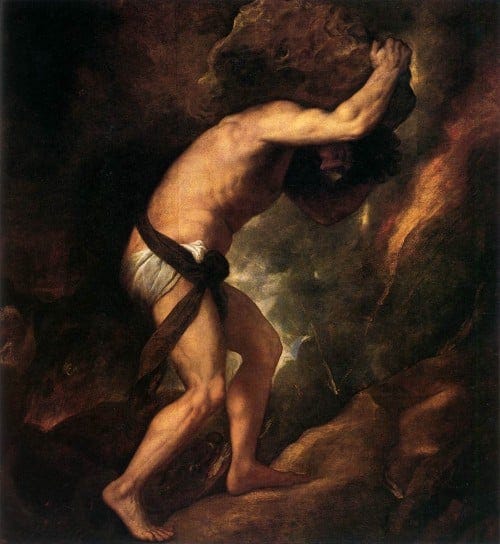
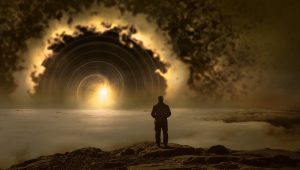
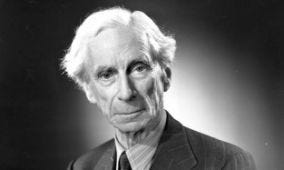

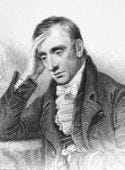
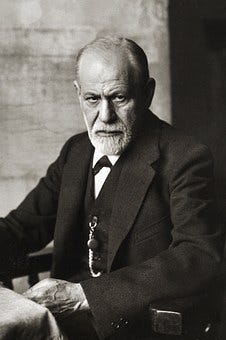
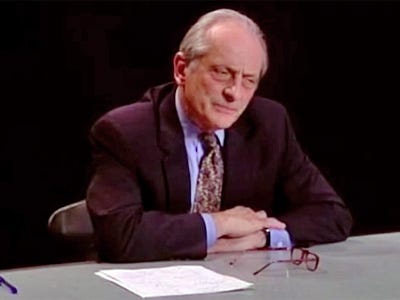
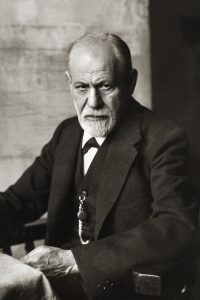




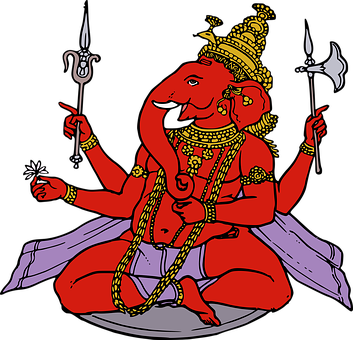
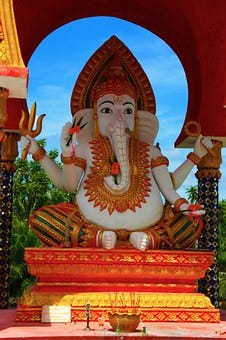

 As you can see, a turtle is depicted floating above a scene taking place in the material (albeit surreal) world. Strangely, the male figures seem static; there is no sense of motion, even though they are engaged in an active sporting event. The painting is called The Secret Player! Magritte seems to think that there is a secret player hovering above this sporting scene, which is perhaps the source or support for the material world. In spiritual language we would call that God, or some similar term. He has chosen a turtle to convey that idea!
As you can see, a turtle is depicted floating above a scene taking place in the material (albeit surreal) world. Strangely, the male figures seem static; there is no sense of motion, even though they are engaged in an active sporting event. The painting is called The Secret Player! Magritte seems to think that there is a secret player hovering above this sporting scene, which is perhaps the source or support for the material world. In spiritual language we would call that God, or some similar term. He has chosen a turtle to convey that idea!